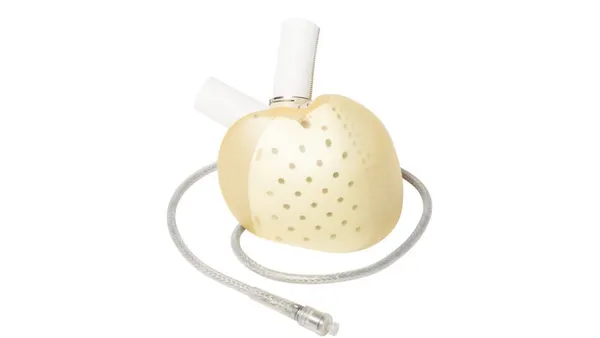Medtech trade group AdvaMed welcomed the EU Council’s decision on Tuesday to approve a longer transition period for the Medical Device Regulation (MDR) but said the industry still faces challenges in adapting to the new rules.
As anticipated, the Council adopted legislation on Tuesday to extend the deadline for certifying medical devices in Europe, a move prompted by concerns that bottlenecks in the process to date could cause supply shortages.
“Today we have agreed on measures that will allow the industry to continue bringing essential medical devices to the market and ensure that patients have safe access,” Acko Ankarberg Johansson, Swedish minister for healthcare, said in a statement.
Medical device makers now have until Dec. 31, 2027 for higher-risk devices and Dec. 31, 2028 for medium- and lower-risk devices to be recertified for use in the EU’s 27 member states. However, only devices for which manufacturers have already started the certification procedure will benefit from the additional time, the Council said.
The newly adopted measures also aim to reduce the risk of shortages by removing the so-called “sell-off date” rule that called for the withdrawal of devices already on the market but not yet with the final user. Only products that comply with previous EU medical device laws can remain on the market longer, the Council said.
AdvaMed CEO Scott Whitaker called the timeline extension for certifying devices under the MDR’s more stringent conformity assessment system a “strong step forward” for patients worldwide, but cautioned that challenges in the transition to the new rules continue.
“We’re working to fully address several remaining issues, including a clearer process for submitting applications to notified bodies, as well as greater clarity on how certificate extensions can be demonstrated. We are also working to address practical implementation issues, such as access to ‘orphan’ and niche devices in the EU market,” Whitaker said in a statement.
The medtech industry trade group is coordinating with European association MedTech Europe to address the concerns, he added.
The Council and European Parliament adopted the MDR in 2017, and companies that operate in the European market were expected to have completed the transition by May 2024, but a backlog of devices awaiting recertification and a shortage of approved certification organizations, known as notified bodies, prompted the European Commission to propose extending the time frame. The Parliament approved the new timetable last month.
“The EU is one of the world’s preeminent markets for quality patient care, R&D, and access, serving millions of patients annually, so it’s critical that MDR implementation is done correctly,” said Whitaker. “AdvaMed will continue to champion a robust EU regulatory scheme that fosters innovation and patient access to treatment in a timely and predictable manner.”












